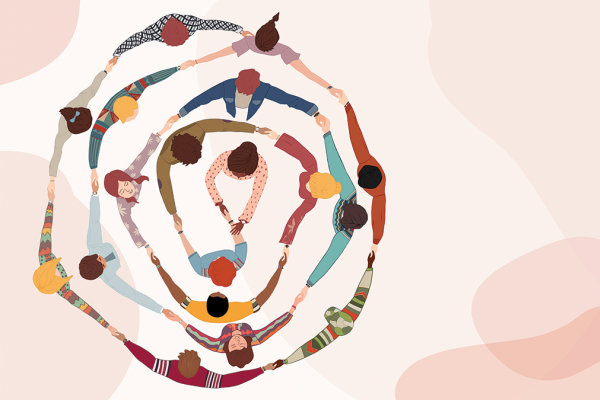I’VE WRITTEN ABOUT immigration in these pages before, so forgive me if I seem to be repeating myself. However, any of us who spend time with the Bible know that repetition is among its most important characteristics. We get the same message over and over, until it sinks in. Here’s Leviticus 19:34: “You shall treat the stranger who sojourns with you as the native among you, and you shall love him as yourself, for you were strangers in the land of Egypt.” And here’s Leviticus five chapters later: “You shall have the same rule for the sojourner and for the native.” Everyone knows Matthew 25:35: “I was a stranger and you welcomed me.” But sometimes we forget the wonderfully hopeful verse from the letter to the Hebrews: “Do not neglect to show hospitality to strangers, for thereby some have entertained angels unawares.” Bottom line: This is clearly important work for Christians, or at least it was 2,000 years ago.
Read the Full Article

